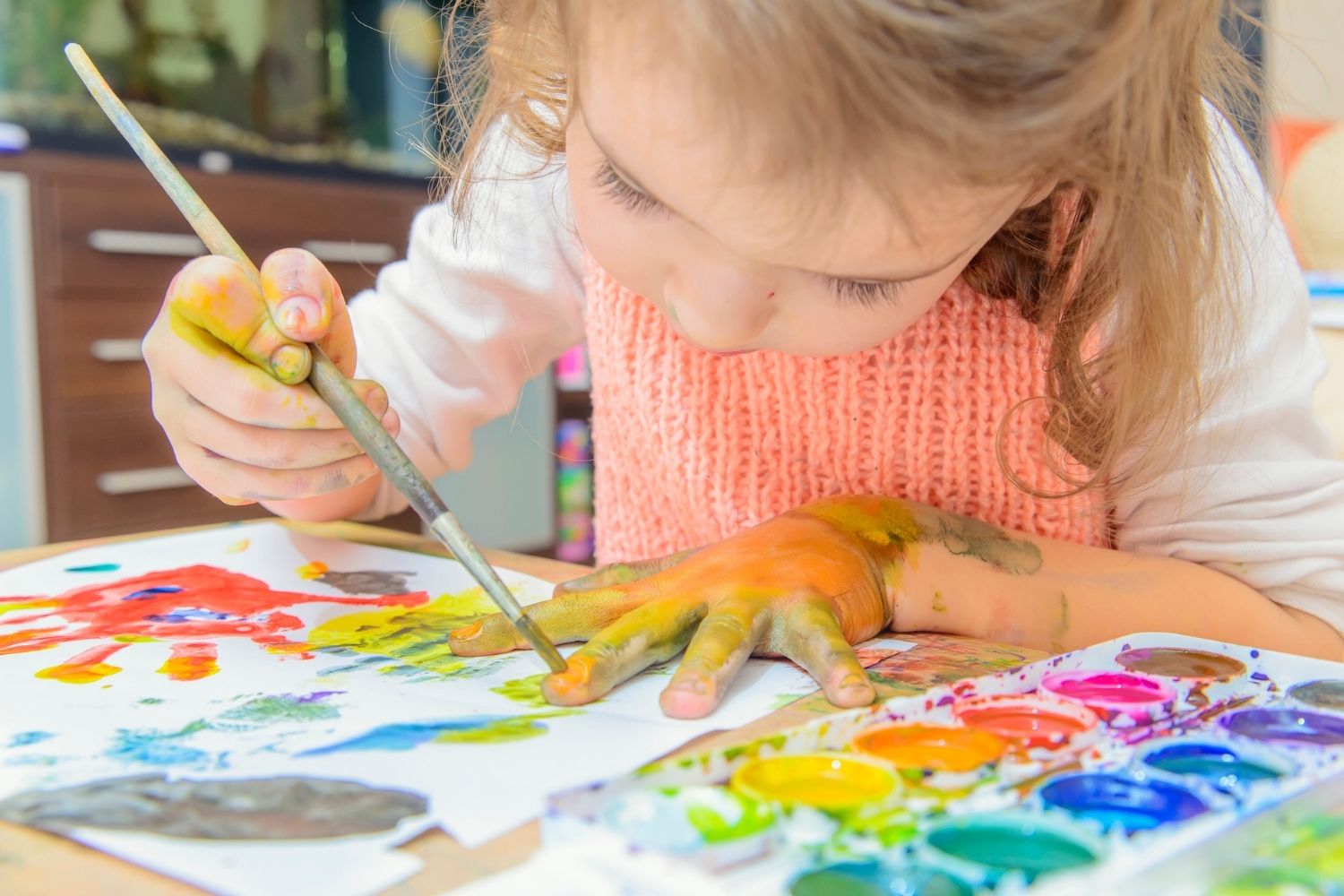There are many life skills that can be taught through play. Here are five ways in which you can teach your child important life lessons while having fun.

Learning through play is not new, yet it’s often overlooked and underestimated. The book Einstein Never Used Flash Cards by Kathryn Hirsh-Pasek says learning through play should be fun, spontaneous and voluntary. In addition to that, it should also have no set goals, it should involve active engagement and an element of make-believe.
Whilst kids spend hours making colourful portraits at school, they’re not necessarily always given the opportunity to run wild with their imaginations. Parents often also tend to limit their children’s creativity unknowingly by not allowing certain actions in order to keep the house clean. Still, children need to be given freedom to truly learn through play.
READ: 65% of SA kids to start school at a considerable disadvantage
This video is no longer available.
According to whitbyschool.org, play is more powerful for children than many parents realise. “It’s actually the key to learning.”
Paint and draw

Painting and drawing are two wonderful sensory methods that teach children to express themselves. It’s also very important for pre-writing skills. Not to mention its crucial part in teaching children about different colours and the mixing of those colours, as well as the importance of cleaning up afterwards.
Although there is a place for structured creativity like at school when all the children in the class are working on a similar picture, there should also be space for free drawing and painting. This will give your child an opportunity to develop and explore his or her own creativity on a whole new level.
Playing dress-up

The biggest gift you could give your four-year-old is a drawer filled with all kinds of props and dress-up clothes. Before you donate your old clothes, sift through them and put the interesting items in a drawer you make available for free play at home. You’d be surprised to see how creative a toddler can get with a black cape, a hat, sunglasses and heels.
Role play and dress-up are both important for children to start making sense of the adult world. Through it they explore different roles (like being a mother, a doctor, a writer, a teacher) and different interests. It also encourages social interaction, and it teaches them the basics of self-care and dressing.
Building blocks

Blocks are truly the building blocks of your child’s imagination, engineering abilities and ambitions. It teaches children spatial thinking, logical reasoning and to put things together according to colour, shape or size.
According to the new general manager of LEGO South Africa, Miroslav Říha blocks like these help children learn to solve problems and to think out of the box. It can even teach them to work together as a team and to help others, and to understand the concept of diversity as different people have different ways of perceiving things. LEGO is also instrumental in stress relief, which is another valuable and important life skill to hone from an early age.
Trampoline

Even jumping on a trampoline has its benefits when it comes to learning through play. Yes, jumping on a trampoline teaches children persistence. While it’s quite a difficult skill to master, it’s fun and therefore they will keep trying until they get it right. Mastering this skill will also give them confidence – another wonderful to have that early in life.
Dance and freeze

Another fun activity to do with your child to teach them life skills through play, is to dance and freeze. While this is quite an exciting activity for parents and children to do together, offering you the opportunity to bond with your child, it also develops listening skills. In addition to that, dancing and freezing once the music stops also develops a child’s coordination skills and imagination and it enables the child to identify rules.
There are various other methods and options that could help your child learn through play. Professor Doris Fromberg, the Director of Early Childhood Teacher Education at Hofstra University, children learn in different ways than adults. “They learn an enormous amount through their imagination. Play is what pulls together the logical and creative parts of the brain.”
So, let the kids play.
This video is no longer available.
Support Local Journalism
Add The Citizen as a Preferred Source on Google and follow us on Google News to see more of our trusted reporting in Google News and Top Stories.






